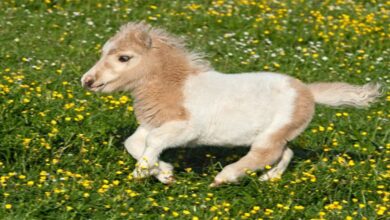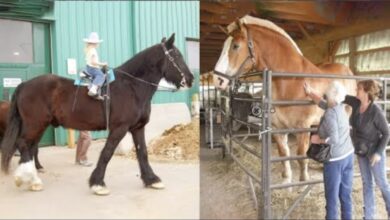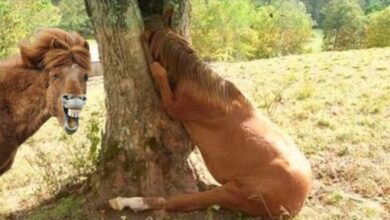When God Sends you a funny horse #3
Horses, revered for their beauty, strength, and intelligence, have played integral roles in human civilization for thousands of years. Domesticated over 6,000 years ago, horses have served humans in various capacities, from transportation and agriculture to warfare and leisure activities. Their evolution alongside humans has forged a deep and enduring bond between the two species.
One remarkable aspect of horses is their diverse range of breeds, each uniquely adapted to different environments and tasks. From the swift and agile Arabian breed to the robust and powerful Clydesdale, horses exhibit an astonishing variety of sizes, shapes, and temperaments. This diversity reflects the selective breeding efforts of humans over centuries, as they sought to develop horses tailored to specific needs and preferences.
Horses also possess keen senses and remarkable communication skills, enabling them to navigate complex social structures within their herds. Led by a dominant mare, horse herds operate on hierarchical systems where individuals establish relationships through subtle cues and interactions. This social intelligence fosters cooperation, protection, and mutual support within the herd, underscoring the depth of their emotional lives and social bonds.
Furthermore, horses continue to captivate and inspire people around the world through their athleticism, grace, and beauty. Whether galloping across open plains, competing in equestrian sports, or serving as therapeutic partners, horses enrich the lives of countless individuals with their presence and companionship. As symbols of freedom, strength, and nobility, horses hold a special place in human culture and history, embodying qualities that resonate deeply with people across cultures and generations.





